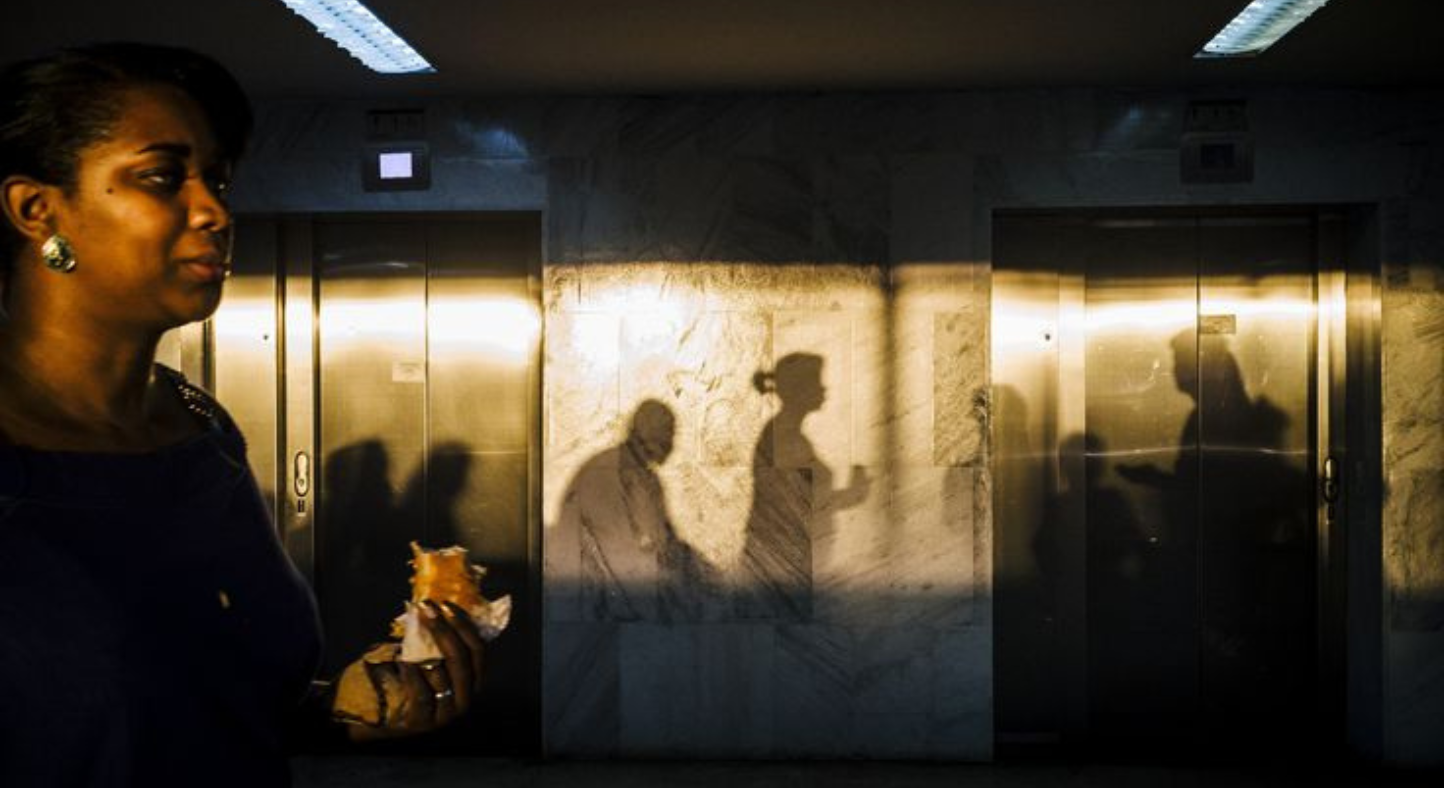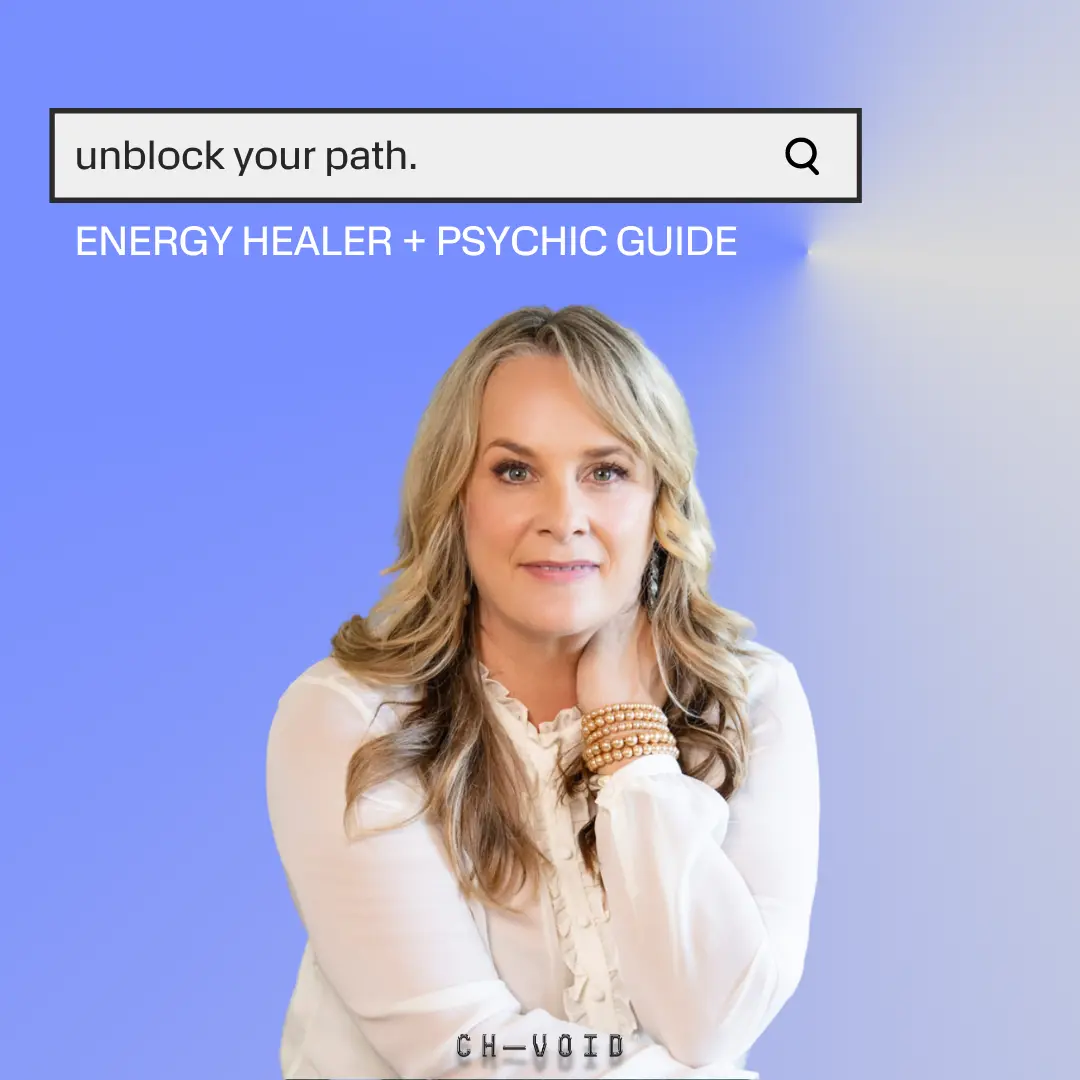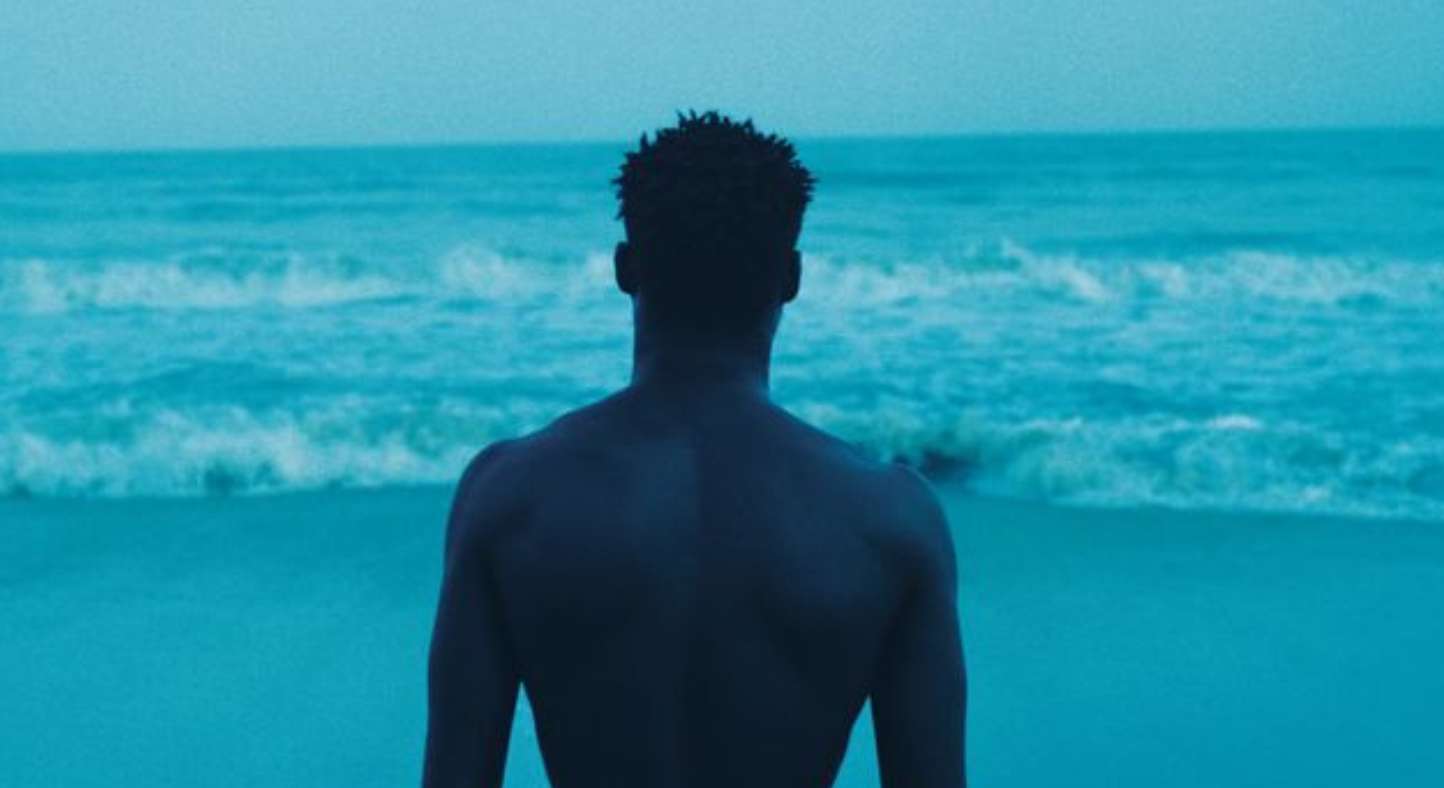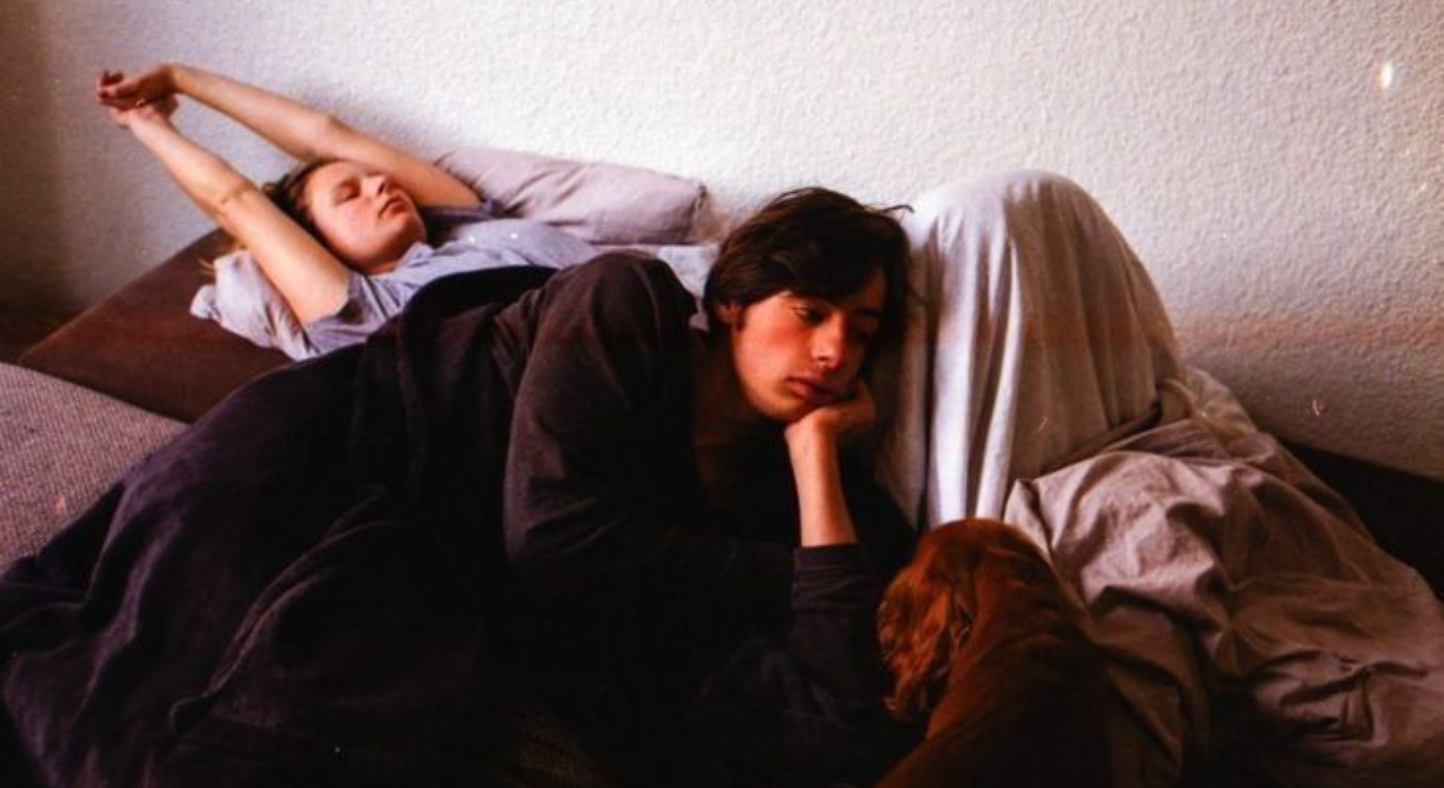Between anxiety and burnout, when does living start?
I came of age in the aftermath of the Great Recession, so by design, I’m anxious as fuck.
The following essay discusses sexual assault and related trauma.
For the longest time, I thought the only thing adults felt was anxiety.
By anxiety, I’m not strictly referring to the psychological disorder. I’m also talking about the general feeling of worry, impending doom and tension that many people experience, even if they don’t have the disorder. I’m not a psychologist, psychiatrist or any type of professional, so I’m not here to diagnose others, nor do I want to. Having said that, I think many of us are anxious as fuck. By design.
I’d come of age in the aftermath of the Great Recession, entering adulthood as we were being encouraged to hustle. The recession taught us that simply surviving was hard work. The term “adulting” started to take off, which my teenage self vaguely understood as some sort of mix of paying bills, running errands and being stressed.
It seemed miserable, being an adult, especially since I was already a highly stressed kid. I was the student that obsessed over the missing point on the exam, the girl that began passing out during what were, I came to realize later in life, panic attacks at age ten. I was always worried and therefore figured adulthood would be too much.
At the beginning, I saw adulthood as a challenge. Coping with anxiety was a way to prove that I could be a somewhat successful, semi-functioning member of society—the type I’d always been told I was supposed to want to be. No thought went into what I actually might want, or what I could might do to actually enjoy my life. Enjoyment wasn’t something I thought about at all. Life was to be tolerated.
Starting college accelerated my anxiety: midterms, exams, friends, frenemies, budding relationships, doomed relationships… there was always something to stress about. And I was pretty good at stressing. I’d fret about an exam, spending days cramming, then let myself relax by worrying about who I’d eat dinner with or whether I’d get a text back from a new friend or romantic interest. Even if I didn’t know the person, if they seemed cool, I’d want them to like me—and I’d stress if they didn’t. Other people’s approval, even of those I barely knew, meant a lot to me.
The anxiety fell into a pitter-patter rhythm. Wake up, worry, go about my day, worry, then pass out from exhaustion. Set an alarm but wake up an hour before, unable to go back to sleep. Spend the day chugging coffee and trembling from caffeinated worry. I got used to it, sort of. Even things that were supposed to be fun, like hanging out with others, filled me with worry. I’d become the anxious adult of my nightmares.
Anxiety couldn’t last forever. Once the semester came to a close I basically just fell asleep. I’d get a solid twelve hours at night then usually take a two or three hour nap during the day. I never felt rested exactly, but it was the only thing I could do, apart from watch TV or eat. As one friend put it, it was like I took all the time I was supposed to be awake and made it time for sleep. At the time, I thought it might be depression. A psychiatrist told me it was. Somehow, though, I knew it was linked with what was going on the rest of the time. I used so much energy worrying, there was none left for anything else.
I went back for my second semester, anxious as could be. The nerves were draining. I was lucky in that I could always fall asleep, but my nerves would wake me up early and fill me with this kind of icky bubbling sensation so that I never got more than a few good hours of rest. My brain would whir trying to keep track of everything: all news was bad news.
After I was sexually assaulted, the anxiety changed into something new.
The assault felt like a confirmation that I’d been right to be so anxious for so long. The world was evil and scary and bad things did happen to me, as the assault proved. Anxiety became even more central to my life. I’d become so used to feeling anxious that I think on some level it provided some sense of safety after the assault. I clung to it the same way we cling to whatever we think keeps us safe.
This post-assault anxiety was different from the earlier iterations. Before the assault, I would get anxious about certain things and obsess until something new came along, but after—everything made me anxious, all at once. My heart would race when I bumped into people on the street, which only made it that much more stressful to study for an exam. Standing next to men, especially those of roughly the same height and build as my assailant, was impossible without trembling. One night my friends and I went out dancing, and I almost cried when someone asked me to dance. The thought of touching a stranger was too much to handle. I didn’t have a word to describe any of it, except that I felt deeply, deeply afraid, to the point where it paralyzed me.
I eventually went to therapy. The anxiety had become so bad I felt like I didn’t control my body anymore. It was simply a vessel which things could happen to, one I had to somehow learn to live within. But ‘living’ wasn’t really in my vocabulary. Who had time for life when there were bills to pay and courses to take and nightmares that always came back, no matter how tired you were?
Therapy helped shake of the most toxic anxious tendencies I’d developed, but the feeling never disappeared. I’d love to say the anxiety improved immensely with time, but it’s something I still struggle with.
Today my anxiety ebbs and flows: I have periods where it isn’t as salient, and others where it dominates again. I think it’s going to be like that for a while, and I think I’m going to have to be OK with that at some point. At least now I get some life in between.
* * *
I know that I’m not the only one that feels anxious—far from it, actually. Just under 20% of Americans are estimated to have anxiety, and globally, rates rose over 25% during the beginning of the pandemic. Anxiety is especially common in those who have experienced sexual assault.
In a really sick, cynical way, my younger self was right in thinking that being adult means being anxious. It feels like the more I learn about anxiety and how it has impacted my life, the more I see it in others. Most people I know are anxious about something: be it student loans, settling down or keeping their job. Add on all the big things like climate change and racial injustice and the economy… we’ve got one big world of anxiety.
For a while, I saw anxiety as a personal failing. Maybe it is. I probably do have some sort of disposition or tendency toward it, but the more I think about it the more I think it’s a byproduct of something much bigger: anxiety keeps us compliant.
If you’re stressed about making rent next month you’re less likely to quit your job. If you’re worried that you might get raped you’re less likely to go on a date, and more likely to blame yourself if you ever find yourself attacked (and for what it’s worth, I’m sorry if this has happened to you). We’re encouraged to worry, and some of us, like me, worry so much that we burn out, like I did between semesters in college. The anxiety I get during burnout is the worst. It’s proof that I really am lazy, that I really can’t do anything, and that I really do need to hustle—or else I’ll have nothing left.
I’m nowhere near breaking my anxious mindset, but I’ve done some things that have helped.
Therapy is number one.
Number two is talking to others, as that helped me see that I’m really not that special when it comes to this, since many of us go through the same thing. There are also some great resources out there for people that have been sexually assaulted. I’ve used RAINN’s services and would highly recommend them if you’re looking for someone to talk to, either over the phone or through a chat. Love is Respect also offers a hotline for anyone that’s been in an abusive relationship, and there are resources specifically for male survivors, too (I have not used male-specific resources so can’t attest to their quality).
Number three is read. There are plenty of books I could recommend on anxiety, mental health, and healing from sexual assault, but the one I’ll leave you with is “Laziness Does Not Exist” by Devon Price, which I found helpful in seeing how we internalize societal expectations about productivity to work ourselves to the point of burnout. The book helped me see how society helps keep us anxious, our mental health be damned. It’s awesome and worth a read.
Number four is doing nothing, really committing to enjoying downtime. I’m trying to get good at it.
Rebecca Grenham is a writer based in the United States.
If you would like support after reading this article, please utilise our free textline +61 488 848 782 [note: free in AUS only] to SMS chat with our team of sexologists, somatic healers and trauma counsellors. For instant support, call 131114 (AUS) / +1 800-273-8255 (US) or use this resource to determine the right number if you’re residing outside of these regions.





















